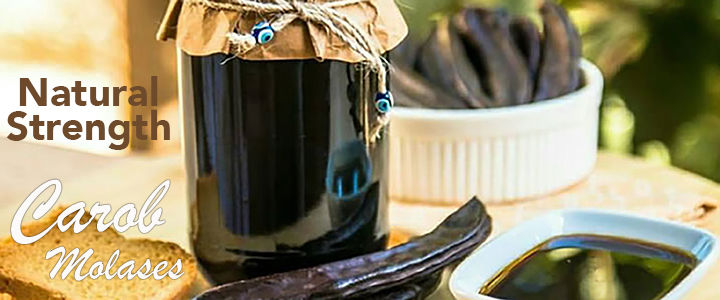English
You have no items in your shopping cart.
Products tagged with 'cortas'
CORTAS 100% Natural Rose Water 283ml
Rose water is created by distilling rose petals with steam. Rose water is fragrant, and it's sometimes used as a mild natural fragrance as an alternative to chemical-filled perfumes. Rose water has been used for thousands of years, including in the Middle Ages. It's thought to have originated in what is now Iran.
$5.99
CORTAS Black Olives in Brine 625g
Black olives or ripe olives are picked at full maturity when fully ripe, displaying colours of purple, brown or black. To leach the oleuropein from olives, commercial producers use lye, which neutralizes the bitterness of oleuropein, producing a mild flavour and soft texture characteristic of California black olives sold in cans. Such olives are typically preserved in brine and sterilized under high heat during the canning process.
$7.99
CORTAS Falafel Mix 200g
Falafel, a staple Middle Eastern dish—and a popular street food around the world—that consists of fried spiced balls or patties of ground chickpeas or fava beans (or a mixture of both) stuffed into a pita or wrapped in laffa bread with hot sauce, tahini sauce, and generally some saladlike combination of tomato, lettuce, cucumber, onion, parsley, and yogurt. Falafel may refer either to the balls or patties or to the sandwich. Variations on the dish abound. In Egypt, for example, fava beans are typically used, while Israeli falafel sandwiches are usually made from chickpeas and include more accoutrements.
$4.99
CORTAS Green Olives 625g
Green olives are picked when they have obtained full size, while unripe; they are usually shades of green to yellow, and contain the bitter phytochemical, oleuropein.
$7.99
CORTAS Hummus & Tahina Dip 400g
Hummus is a Middle Eastern dip, spread, or savory dish made from cooked, mashed chickpeas blended with tahini, lemon juice, and garlic. The standard garnish in the Middle East includes olive oil, a few whole chickpeas, parsley, and paprika. In Middle Eastern cuisine, it is usually eaten as a dip, with pita bread.
$3.49
CORTAS Mint Water 300ml
Mint water is a popular distillate among Persian people. Mint water has many beneficial properties. It helps soothe headaches and heartburn. It helps to eliminate bad breath. And of course we cant forget that mint water is used in many drinks alcoholic and nonalcoholic !
$5.99
- 1
- 2
.gif)












































.jpeg)